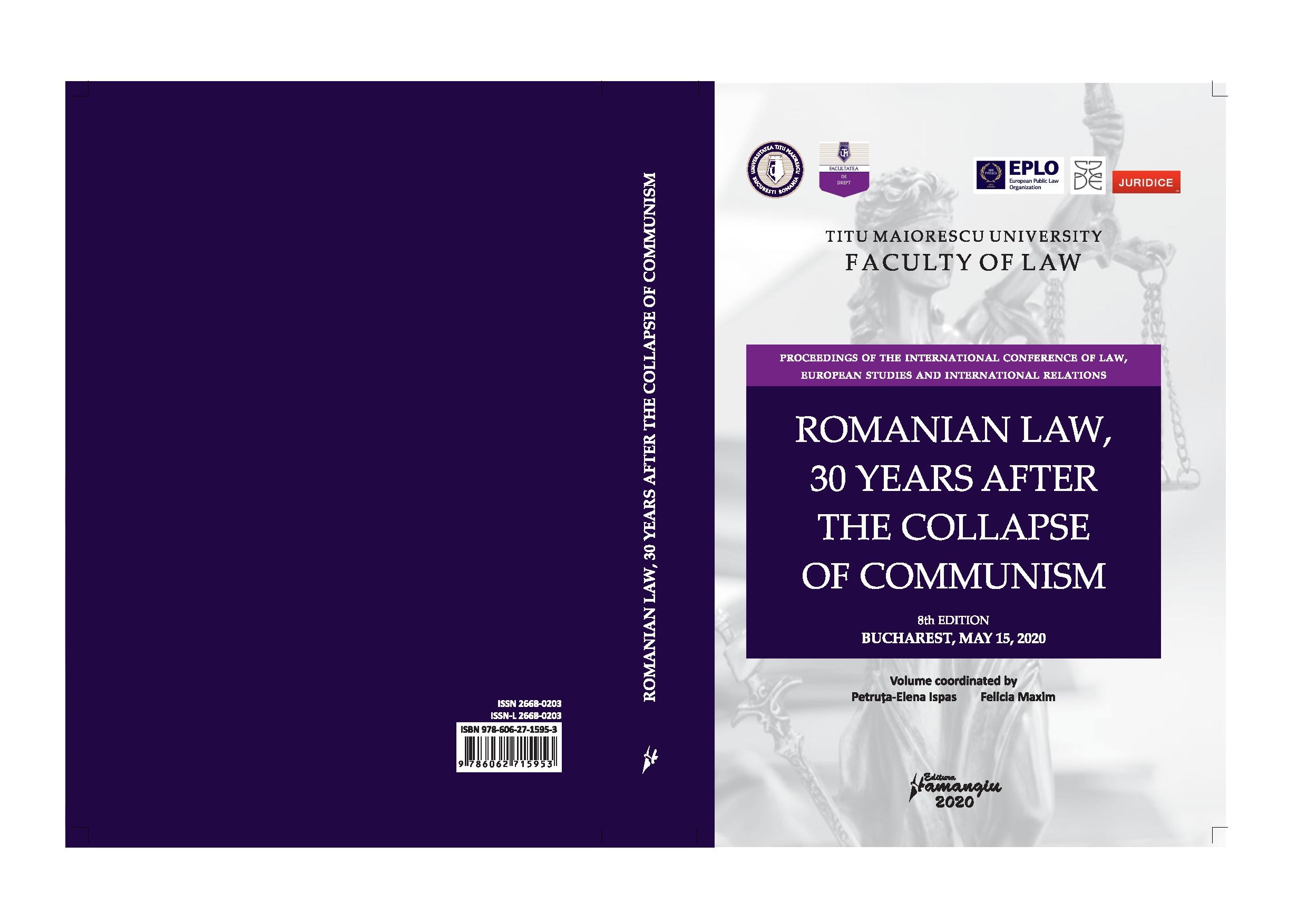The correlation between categories of shares and type of assemblies of the issuing company
The correlation between categories of shares and type of assemblies of the issuing company
Author(s): Andreea Corina TarsiaSubject(s): Commercial Law
Published by: Editura Hamangiu S.R.L.
Keywords: trading company; ordinary shares; special shares; ordinary general assemblies; special assemblies;
Summary/Abstract: The profusion of the activities of joint stock companies in the economies of the Member States and their strategy to expand their business beyond the borders of their national territory, determines the formation of a certain level of the registered capital and, in order to protect the market, the law imposes a minimum level of the capital, forcing trading companies, from their establishment, to embody in the constitutive act, the number and nominal value of the shares, leaving them the freedom to choose the type and form of the shares and to launch issues with various shares.Moreover, the law recognizes the shares’ quality of credit titles issued "in bulk", it groups them from the date of their issuance by categories, types and species and makes them subject to particular legal rules, from the time of their creation through the constitutive act, continuing with their entry into the legal trading and ending with their exit from this trading.In relation to the types and categories of shares, the law regulates various legal relationships born both inside and outside the issuing company.Thus, within the internal structure of the company, the holders of ordinary shares are reunited in the general assembly, which is placed in a position of supremacy, not only because of the subordination of the management and control bodies, but also due to its deliberative powers, for which shareholders do not answer and are not held accountable before anybody. With regard to the deliberative powers of the general assemblies of the holders of ordinary shares, which grant their owners equal rights, the sole limitations concern the observance of the rights of the registered creditors, the protection of the rights of the shareholders against the will of the majority and the observance of the equal treatment of all shareholders.On the other hand, the legislator regulates the company’s possibility to form categories of shares to which different rights are attached and, in relation to these shares, it organizes within the same company, other assemblies, consisting of the holders of the shares conferring different rights.Given the foregoing conditions, the herein analysis aims to elucidate the reason for which the decision of the general assembly, having as object operations that affect rights of the shareholders belonging to different categories of shares, must be approved by the holders of each category of shares.To this end, the study will focus on answering the following questions: what are the categories of shares issued by trading companies, what is the importance of their identification, what is the impact of the categories of shares on the organization of general assemblies in the issuing company and to what extent do the decisions made by the general assemblies of the shareholders of each category interfere?
Journal: Conferința Internațională de Drept, Studii Europene și Relații Internaționale
- Issue Year: VIII/2020
- Issue No: VIII
- Page Range: 588-600
- Page Count: 13
- Language: English

